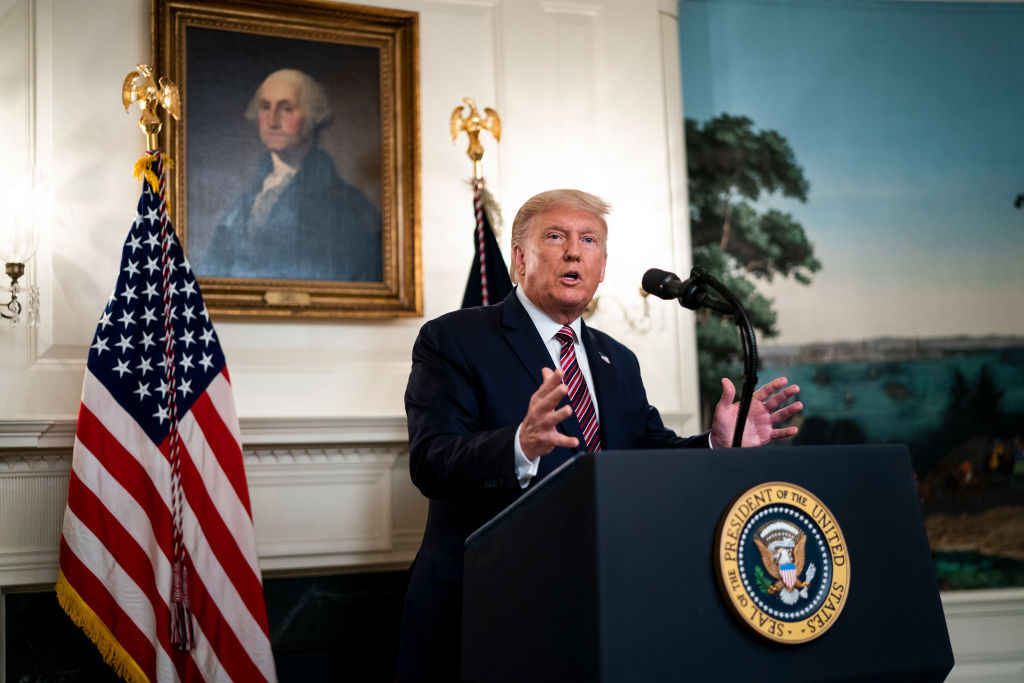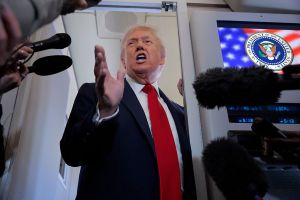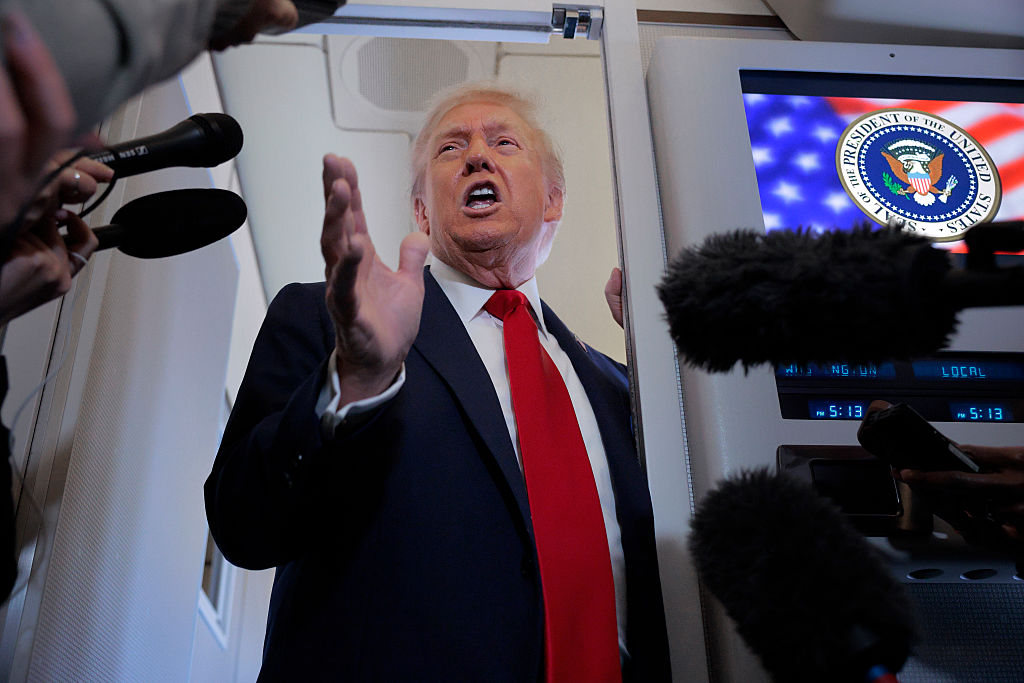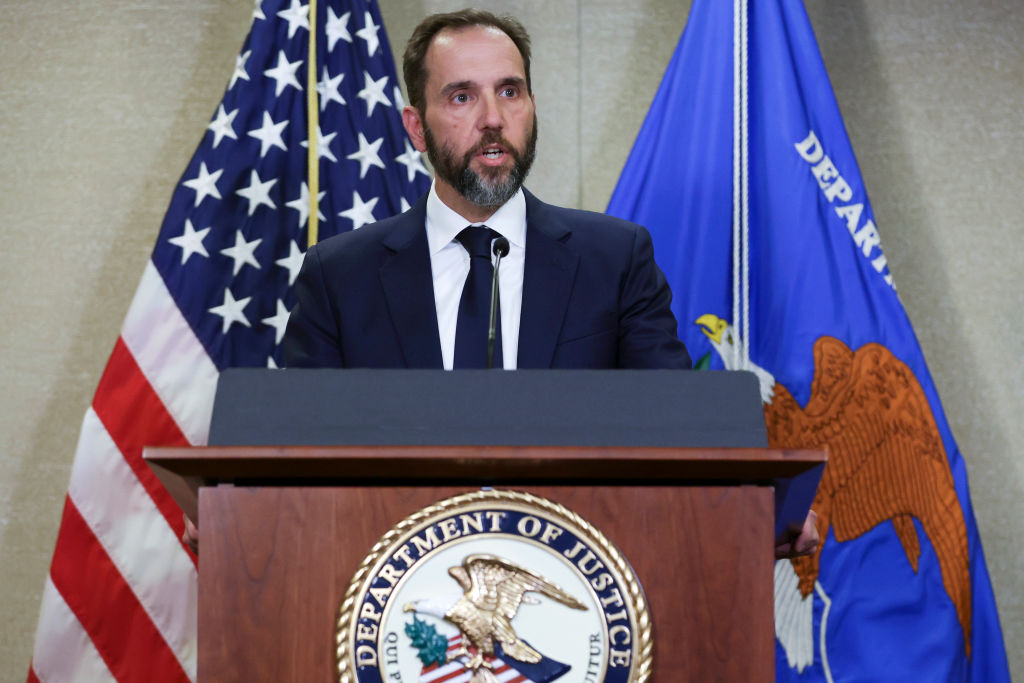President Trump announced Wednesday afternoon that he was adding 20 new names to his previous list of potential Supreme Court nominees in the event of a vacancy. The new list included three very familiar political names: Sens. Tom Cotton, Ted Cruz, and Josh Hawley.
Those names alone indicated that the president is bucking his 2016 method of allowing the Federalist Society, a conservative legal group, to dictate his judicial choices. After a string of Supreme Court rulings that went against conservatives, who felt spurned that they could not get the outcomes they wanted even with a stacked court, the President is perhaps signaling to his base that he will nominate an avowed social conservative, rather than just a textualist or originalist.
Justice Neil Gorsuch, Trump’s first SCOTUS pick, for example, disappointed when he ruled that discrimination against transgender individuals is a form of sex discrimination. The next hit came when Chief Justice John Roberts, a Bush appointee, ruled against a Louisiana law that would force abortionists to have admitting privileges at nearby hospitals. Sen. Hawley tapped into a lot of conservatives’ anger when he proclaimed that he would not vote for any Supreme Court nominee who had not ‘explicitly acknowledged that Roe v. Wade was wrongly decided.’
It is even more notable, then, that Trump did not include Neomi Rao, a judge he appointed to the United States Court of Appeals for the District of Columbia, on his list. Rao is a favorite of the Federalist Society, but she’s taken heat for her lack of writings on the abortion issue and her announcement that she is ‘absolutely pleased with the [policy] result’ of the Obergefell v. Hodges case that legalized same-sex marriage. Contrast this with Sen. Cotton, who tweeted after he was revealed to be on Trump’s list, ‘It’s time for Roe v. Wade to go.’
It's time for Roe v. Wade to go.
— Tom Cotton (@TomCottonAR) September 9, 2020
Hawley indicated that he has ‘no interest’ in being on the Supreme Court, and his staffers shot down reporting that he was at all involved in creating Trump’s list of potential nominees. This, of course, strengthens perceptions that the Missouri senator will be making a run for president in 2024. Regardless of his political ambitions, his view that the conservative legal movement is fundamentally broken seems to have been embraced by the White House.
[special_offer]
It is unusual for so many sitting senators to be considered for the Supreme Court, but the benefit is that their time in public life has forced them to take a stance on nearly every issue. This will be reassuring for conservatives who want to know exactly where their justices stand before getting slapped in the face again with a shock ruling.

























